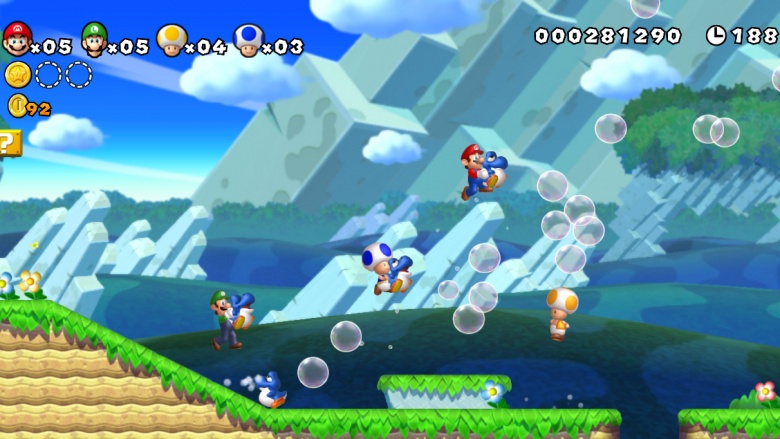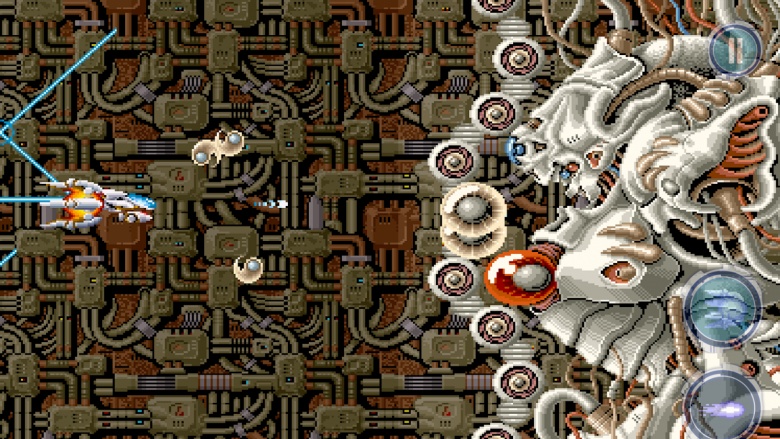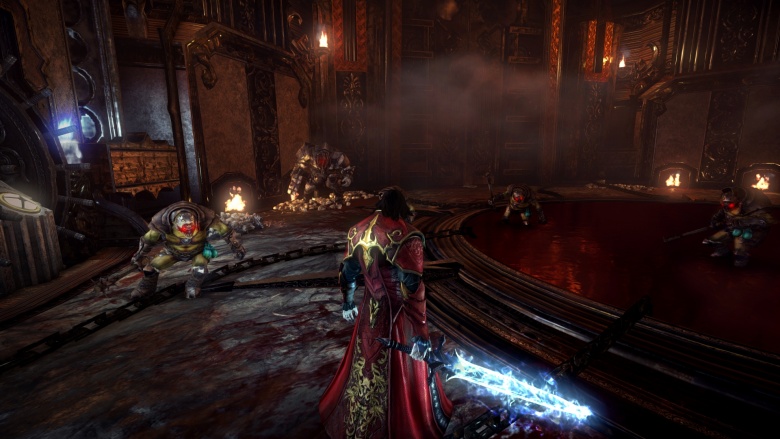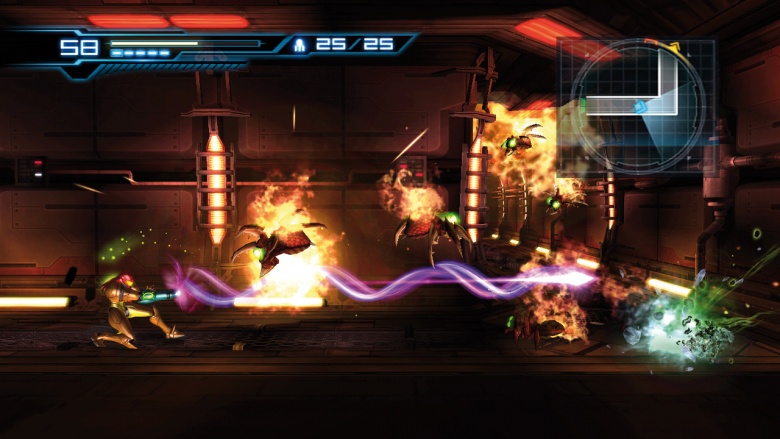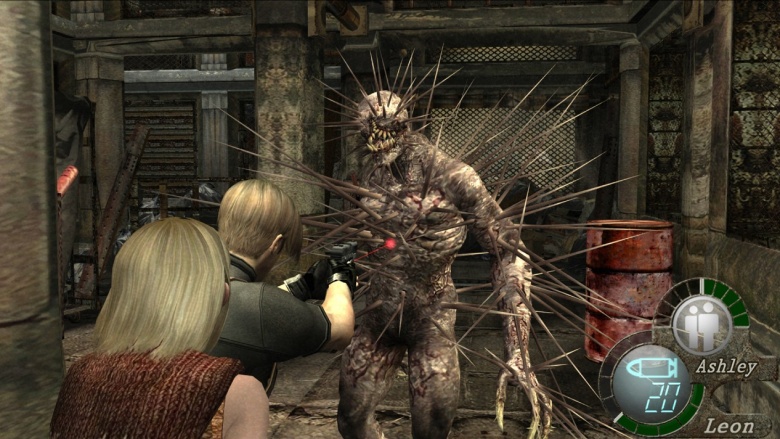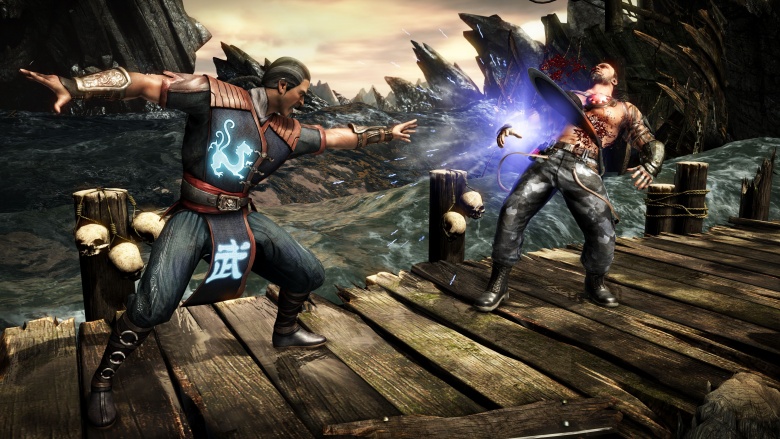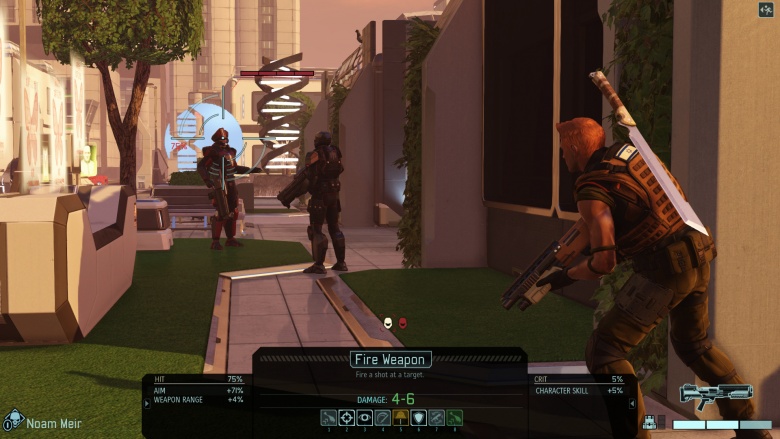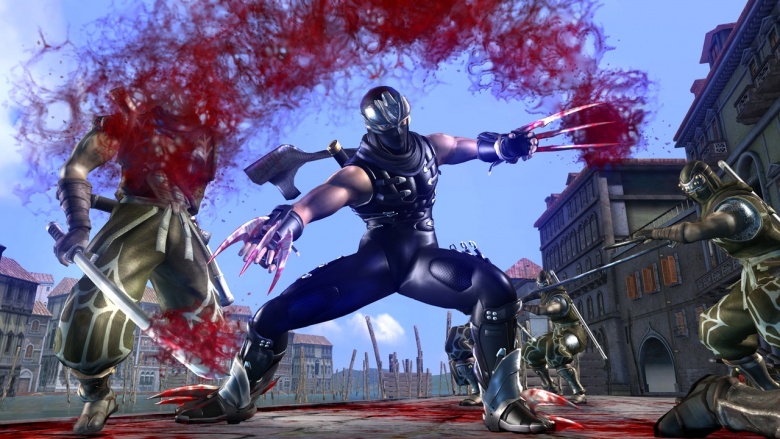Awesome Video Games Nobody Plays For The Plot
Recent hit video games like Fallout 4, Witcher 3: Wild Hunt, and Grand Theft Auto V are primarily story-driven. Each contain compelling gameplay, but players still receive a diminished experience if they ignored the games' plots. However, a strong emphasis on story is a recent development in the world of video games. Old-school gamers often saw anything but a superficial story as more of a bonus than an expectation, and many contemporary games still follow this mindset. Here are some examples of fun games that you play for the challenge and experience, not for their stories.
Super Maro Bros.
With the exception of Super Mario RPG and the Paper Mario series, none of the Super Mario Bros. games are known for their engrossing storylines. The draw of Mario is, start-to-finish, the fun platforming gameplay. Each game — from the first Super Mario Bros. on the NES to the recent Wii U incarnations — contains the same perfunctory story. Bowser usually captures Princess Peach, and Mario sets about on a quest to rescue her. There's never anything like one of Peach's Mushroom Retainers betraying her in hopes of ruling over the Mushroom Kingdom as a puppet dictator. That being said, we're waiting for Nintendo to give CD Projekt Red permission to make that game.
Any shoot'em up
The term "shoot'em up" refers to video games like Galaga, R-Type, Ikaruga, and Radiant Silvergun. These types of games were particularly popular in the arcades in the 1980s. You usually pilot a ship, and are faced with a near endless horde of enemies who try to rip your craft asunder. The challenge of these games is what keeps you coming back for more. The goal is to fine-tune your reflexes and eventually triumph by reaching the game's end. Some of these titles, especially Ikraruga and Radiant Silvergun, do have stories, but we challenge you to remember anything about them in clear detail.
Castlevania
Much like the many Mario games, the storyline of each Castlevania game is largely similar. Dracula has been resurrected (yet again) and you — as either his hybrid son, Alucard, or one of the many members of the Belmont clan — must destroy him with items you find hidden in candles. Again, gamers play Castlevania titles for the challenge and the awesome soundtracks, not to really see how the story plays out. Even the venerable Castlevania: Symphony of the Night has an extremely basic, uninspired plotline. Thankfully, there's nothing uninspired, or un-ironic, about driving your sword through the Grim Reaper's head.
Metroid
The more recent entries of the Metroid series — Metroid Prime Trilogy and Metroid: Other M — placed a greater emphasis on storyline than the earlier installments. Even then, however, the story isn't the reason why gamers have jumped into the suit of bounty hunter Samus Aran since the 1980s. Most fans agree that Metroid works best when it emphasizes isolated exploration of exotic alien worlds, a scenario that doesn't lend itself to a lot of characterization. The most drama you get from a Metroid game is when your girlfriend compains that your addiction to blasting Space Pirates is adversely affecting your relationship.
Resident Evil
The overarching story of Resident Evil is a convoluted mess that would take multiple flow charts to properly follow. Each individual installment usually involves the Umbrella Corporation — or some breakaway remnant — trying to control the world through a plague that causes zombification. The games feature cheesy dialogue, stock characters, and predictable twists. We challenge you to recall one unique thing about Chris Redfield, Leon Kennedy, or Jill Valentine that differentiates them from any other action heroes, ever. The real reason why people play these games is the suspense, action, and the overall fun you garner from killing zombies. Sure, the individual stories can be entertainingly cheesy — just look at Resident Evil 4 — but that's not the main draw of the games.
Tetris
Why are these blocks raining down upon us? Is it part of a sinister plot hatched by geometry-obsessed, Cthulhu-worshipping, extra-dimensional demons? What is their ultimate goal? Who knows? All you need to do is arrange the blocks into rows so that they disappear before reaching the top of the screen. Don't worry about why. Just do what you're told and stop asking so many questions!
Mortal Kombat
Granted, the Mortal Kombat series contains more story that most fighting games, but it's safe to say that few of us deposited our allowance money in arcade machines to see how Baraka evolved as a character. The story is just a convenient excuse to gather a bunch of otherworldly creatures together and watch them disembowel one another. The only story development that any gamer would care about is if all of the fighters took a vow of non-violence. Friendships for everyone!
X-COM
The story of the X-COM games (with the possible exception of The Bureau: XCOM Declassified) is appropriately uncomplicated — aliens are attacking Earth, so go kill them! You may grow attached to your squad's badass sniper, whom you named after your cat Miffy. You may even feel sadness when an alien's plasma rifle liquefies her head. Nevertheless, you don't grow attached to these squad members because they are fleshed-out characters — you play X-COM to strategically decimate hostile aliens on a battlefield and pat yourself on the back for your clever, xenophobic ruthlessness. Everything else is window dressing.
Doom
Doom players expect one thing — the ability to kill demons in interesting and grotesque ways. Why are we killing demons? Something about an invasion from Hell? Whatever, where's that plasma rifle? Some first-person shooters, like the System Shock series, Thief series, and Deus Ex series, live or die based on their stories. Doom is on the other end of the spectrum — it's the Commando or Point Break of FPS games. It's a guilty pleasure that you play when you just want to turn off your brain and waste a pinky demon after a frustrating day at the office.
Ninja Gaiden
The Ninja Gaiden games for the NES were among the first to feature cut-scenes. This tradition continued with the 2004 reboot and its subsequent sequels. But did anyone really care about the story that these scenes detailed? Not really. The draw of Ninja Gaiden is decapitating one evil ninja after another, slaying a few otherworldly demons, and maybe seeing a scantily-clad heroine along the way. Our needs are simple, Ryu Hayabusa, so less talk and more action.

